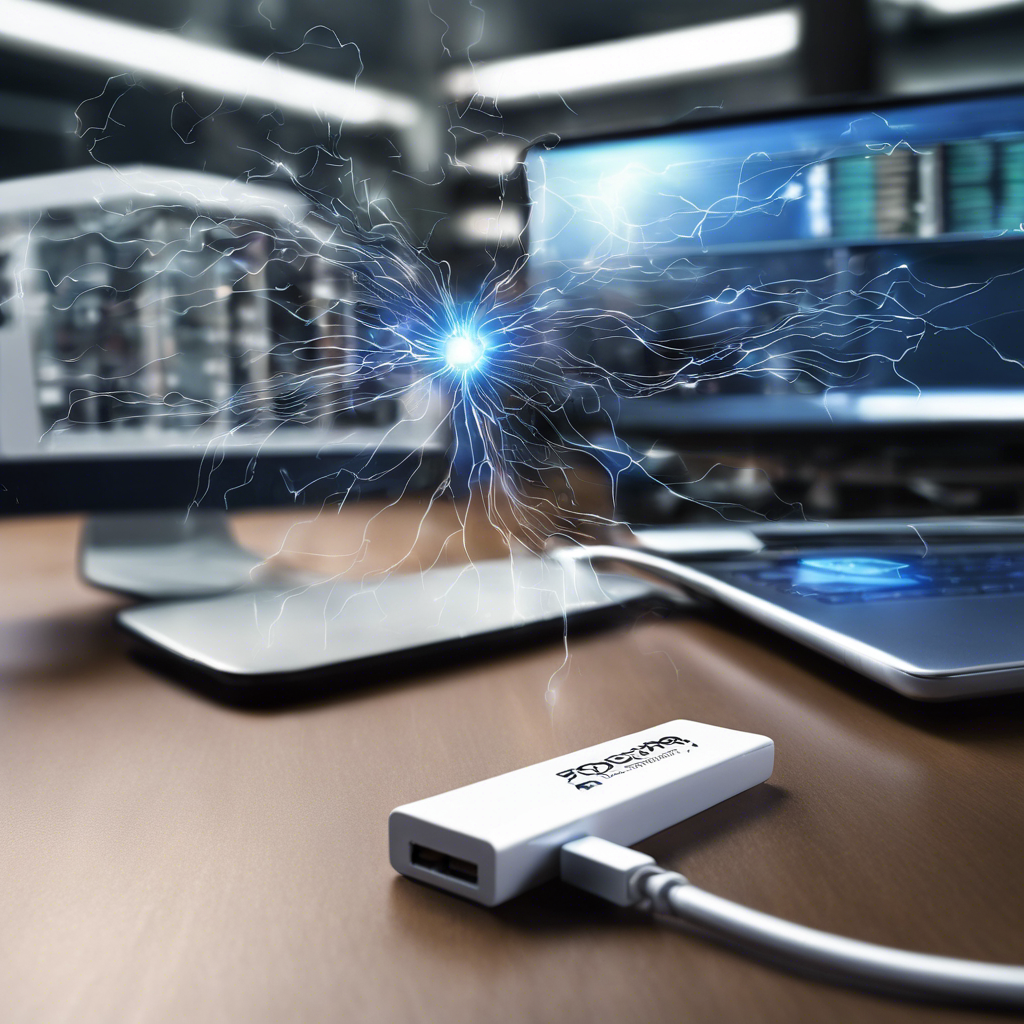USB Power Delivery: A Shining Example of Responsible Technological Advancement

How USB-PD has revolutionized the world of low voltage DC power
As we age, it is common to develop a skepticism towards anything new or associated with the younger generation. This instinctive suspicion often extends to technological advancements, with older individuals viewing them as ills that beset society. However, it is essential to challenge this mindset and recognize when new technology truly enhances our lives. USB Power Delivery (USB-PD) is a prime example of responsible technological advancement that has revolutionized the world of low voltage DC power. In this article, we will explore how USB-PD has overcome initial skepticism and become a universally accepted standard, offering convenience and affordability.
The Journey Towards Universal DC Power:
In 2020, concerns were raised about the overuse of new technologies in limiting the lifespan and repairability of cars. This led to a reflection on whether criticism of new technology stemmed from an inability to fix it using traditional methods. However, USB-PD presents a different narrative. In 2017, a universal low voltage DC power socket seemed like an unattainable dream. USB-PD was a standard, but it had not yet achieved the ubiquity enjoyed by the USB-C-based power plug and socket today. Proprietary barrel jack connectors and micro-USB sockets were still prevalent. However, over the years, USB-PD has emerged as the go-to power standard, offering high power capabilities.
The Beauty of USB-PD:
At first glance, USB-PD may appear to add unnecessary complexity to a simple DC connector. Each USB-PD connection requires a chip to manage, negotiate, and transform voltage. This might seem similar to the overuse of technology in cars, adding complexity for the sake of it. However, the beauty lies in USB-PD being a universally accepted standard. Unlike proprietary car modules, USB-PD modules are designed to work with each other, resulting in a universal component available at an affordable cost. The significant complexity of the USB-PD endpoint becomes inconsequential because replacing it is easy and inexpensive.
The Responsible Use of New Technology:
USB-PD is a shining example of responsible technological advancement. While it is not without its flaws, such as the abundance of different cable standards, it showcases the benefits of embracing new technology when it enhances functionality and accessibility. USB-PD has transformed the way we power our devices, offering a universal solution that is both convenient and affordable. It serves as a reminder that knee-jerk reactions to new technology should be based on its merits rather than a general suspicion of anything new.
Conclusion:
USB Power Delivery has emerged as a universal standard for low voltage DC power, revolutionizing the way we charge our devices. Despite initial skepticism, USB-PD has proven to be a responsible use of new technology, offering convenience and affordability. Its universal acceptance and compatibility have made it a widely available component, ensuring easy and cost-effective replacements. USB-PD serves as a reminder that embracing new technology can lead to significant advancements, challenging the notion that anything invented after a certain age is against the natural order of things.

